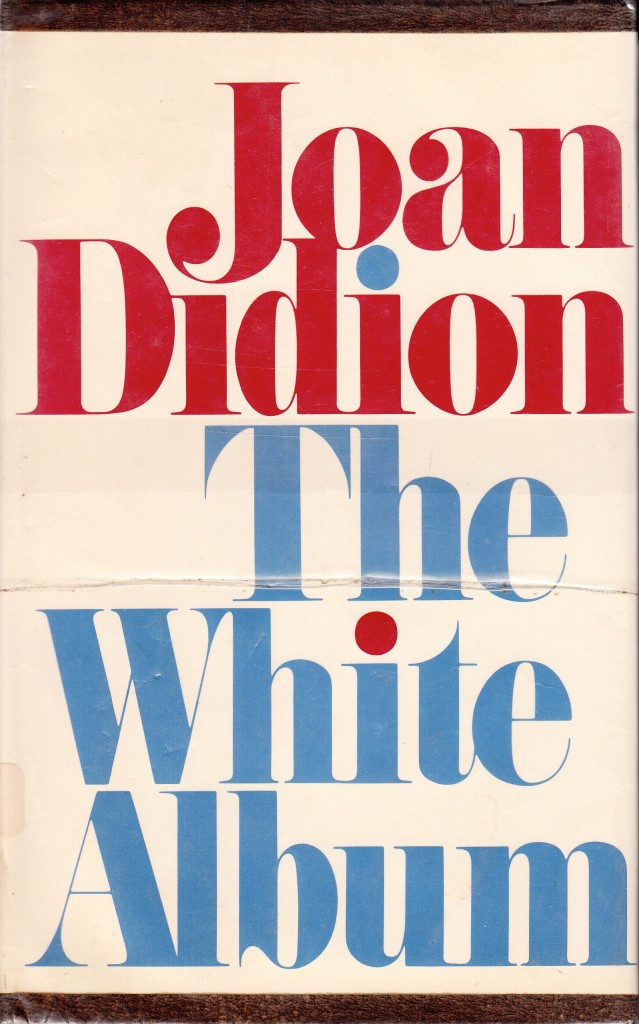What’s it about?
The Hitchhiker’s Guide to the Galaxy is an absurdist take on the end of the world. It’s also a sci-fi classic. There’s been a movie version and a radio play. The second and third books in the series were good, the fourth book was decent, and the fifth one is eminently skippable. But those aren’t this book. This book is about Arthur Dent. His house gets torn down and then the Earth gets blown up. His friend Ford turns out to be an alien who can help him get off the planet seconds before the disaster. They end up having a big adventure, heading off to a planet that builds other planets – Magrathea. There’s also a depressed robot. You know, for laughs.
Why should you read it?
I’ve read THGTTG so many times, I can’t articulate anymore what makes it good. I can tell you that this time we listened to it. We were road-tripping to Yosemite for a vacation, and I found an audiobook version read by Douglas Adams himself. I grabbed it, figuring my eleven-year-old was ready. She thought it was weird and funny, and promptly grabbed the book off the shelf when we got home. (This is a parenting win, in my book.) The tale is a classic, and the author did a wonderful job reading it.
